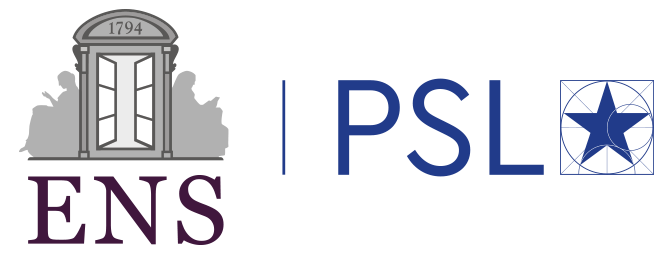Domaines
Quantum information theory and quantum technologies
Type of internship
Théorique, numérique Description
To make large-scale quantum computation possible, errors must be detected and corrected using quantum error correction (QEC). In QEC, information is encoded across many qubits so that errors can be detected and corrected without disturbing the computation.
A crucial step in any QEC protocol is decoding, the process of interpreting measurement outcomes to decide the best correction. Efficient and accurate decoding is essential for QEC to work properly: a bad decoding strategy leads to a larger error rate. Developing better decoding strategies is therefore a central step towards practical quantum computers.
In this project, we will focus on quantum low-density parity-check (LDPC) codes, a family of QEC codes with promising scalability properties. Their standard decoding algorithm, belief propagation (BP), is known to not be optimal for low physical error rates. The goal of the internship is to design and implement a method to identify the syndromes that are typically misclassified by BP. To successfully identify these syndromes, their decoding will be compared against an optimal, though computationally demanding, reference decoder. Ultimately, identifying the error patterns that are not well decoded could be used to improve the error rate of LDPC codes. The project will start with simple codes correcting a single type of error (appropriate for biased-noise qubits) and could later be extended to more general cases.
Contact
Nicolas Sangouard
